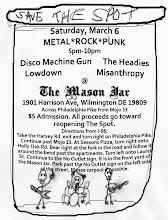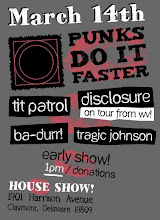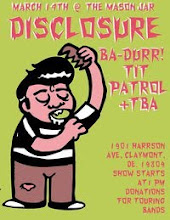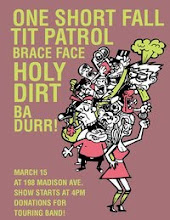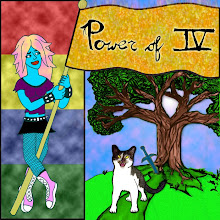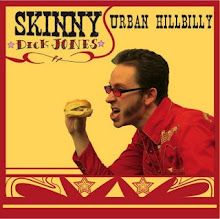Just this one more, I swear. There is alot to say, and sometimes other dudes can say it better. This one is by Inquirer Sports Columnist Phil Sheridan.
There were times in the last seven years when the departure of Pat Burrell would have been greeted with a smile and a huge sigh of relief.
Now that Burrell's decade-long tenure as a Phillie appears to be over, it's hard to know quite what to feel. Sadness? Anger? Shrugged acceptance of the business of sports? Burrell has given Philadelphia fans reasons to feel all those things and more during what was, after all, one of the more complicated careers here.
There's a time and place to compare Burrell to his replacement, Raul Ibanez. This isn't that time or place. This is about observing the end of an era.
Actually, Burrell was the human bridge between two Phillies eras. He was the epitome of the bumbling Phillies, who couldn't figure out where to invest their long-term guaranteed money. And he became the elder statesman on a team that won the World Series.
It was a nearly impossible metamorphosis.
The Phillies rushed to sign Burrell to a long-term deal after their bitter experiences with Curt Schilling and Scott Rolen. There followed seasons of watching the clock, willing time to run out on Burrell's deal and the paralyzing effect it had on the Phillies' payroll.
For a while there, Burrell seemed like the kind of player Philadelphia would eat alive: former No. 1 overall draft pick, huge contract, underwhelming numbers, maybe a bit too good-looking. And, yes, the leftfielder heard his share of boos during his time here.
He'd strike out, flailing away at a low-and-away breaking ball, and the long low roar would start. But a funny thing happened during Burrell's most puzzlingly unproductive seasons. Each time he came to the plate, he'd get a cheer that sounded almost - dare we say it? - supportive.
There was something very human about Burrell's struggles, something that made a lot of fans cut him more slack than better players, in every sport, have gotten here. Burrell would walk to the plate to a cheer. If he struck out, especially if he looked clueless doing so, he'd get a boo. But next time up, he'd get another cheer.
Partly it was because Burrell spent long sessions with hitting coaches, trying to break bad habits. His work ethic explained why he had the respect of his teammates even when he wasn't producing on the field. That respect was there even when manager Charlie Manuel made the hard decision to sit Burrell for stretches of the season.
Managers don't like to keep their highest-paid player out of the lineup. It makes everyone look bad. It took backbone for Manuel to do it and grace for Burrell to accept it without public complaint.
His teammates noticed. So did the fans.
It worked, too. Burrell would gradually come around after one of these time outs, start popping home runs, then turn some of those awful pitches into walks instead of outs.
Burrell's curious relationship with the fans would be the most memorable thing about his time here if he hadn't rewritten his legacy in his final weeks.
The slumping Burrell came to Miller Field in Milwaukee for Game 4 of the first-round playoff series wondering whether he'd be in the lineup that day. He was. He responded by hitting two home runs to help clinch the Phillies' first playoff series victory in 15 seasons.
Dallas Green, manager of the 1980 champions and franchise scold, grabbed Burrell in the clubhouse and told him how proud he was of him. It was a moment that illustrated how much genuine affection there is for Burrell within the Phillies organization - even if that affection was often mixed with hair-pulling frustration.
The official Major League Baseball DVD commemorating the Phillies' title features another candid moment - one that leaps out at you because it's surprising it wasn't on the cutting-room floor.
During Game 5 of the World Series, Jimmy Rollins approaches Burrell in the area behind the Phillies dugout.
"That's what's missing: you," Rollins says, goading the teammate he'd met when both were in high school. "I don't know who this guy is. I don't know who you are. I want to see No. 5 show up."
Burrell walks away without responding. But then he came out and hit the double, just feet from clearing the fence, that led to the Series-winning run.
That was Burrell's last at-bat as a Phillie. His last public appearance as a member of the team was as honorary grand marshal of the unforgettable parade down Broad Street.
The parade will linger in the collective memory long after the most awkward strikeouts and the head-down walks back to the dugout have faded. In Philadelphia, at least, Burrell will get to do what so few athletes here have ever done - leave on top, as a champion.
Maybe it's OK to smile after all.
Claudia Boulton
7 years ago


